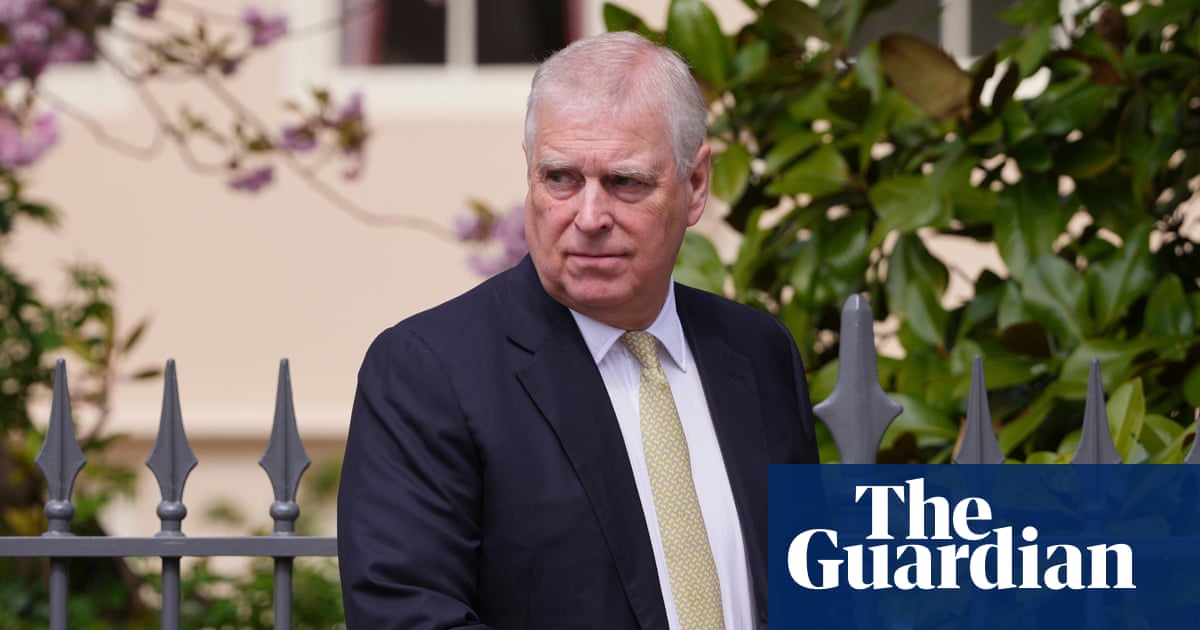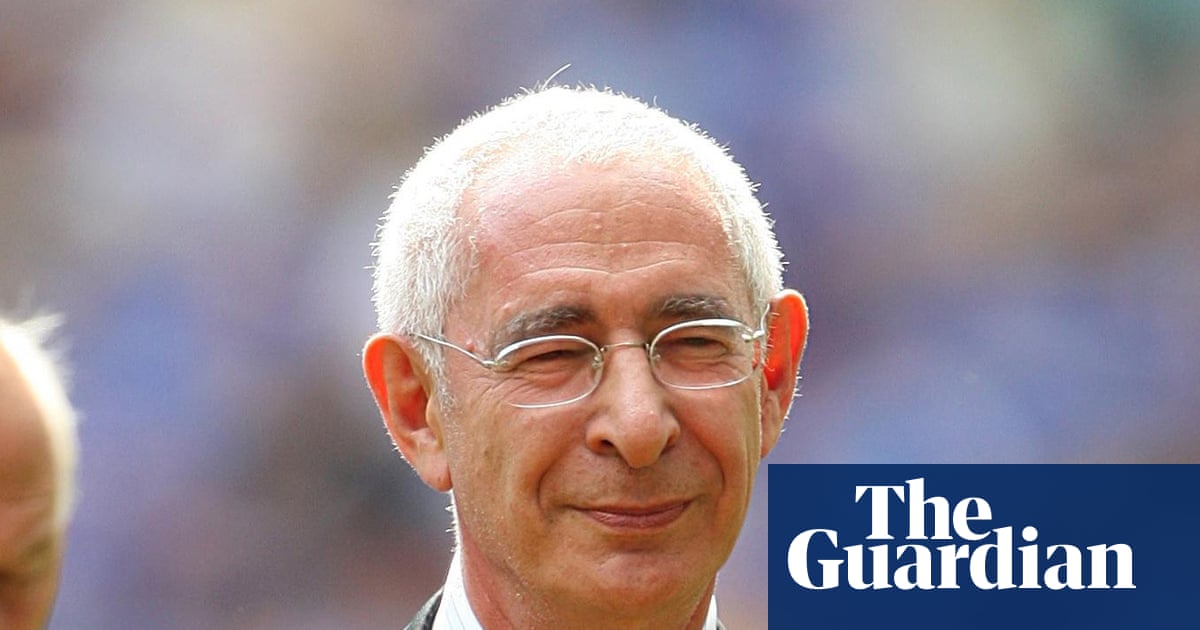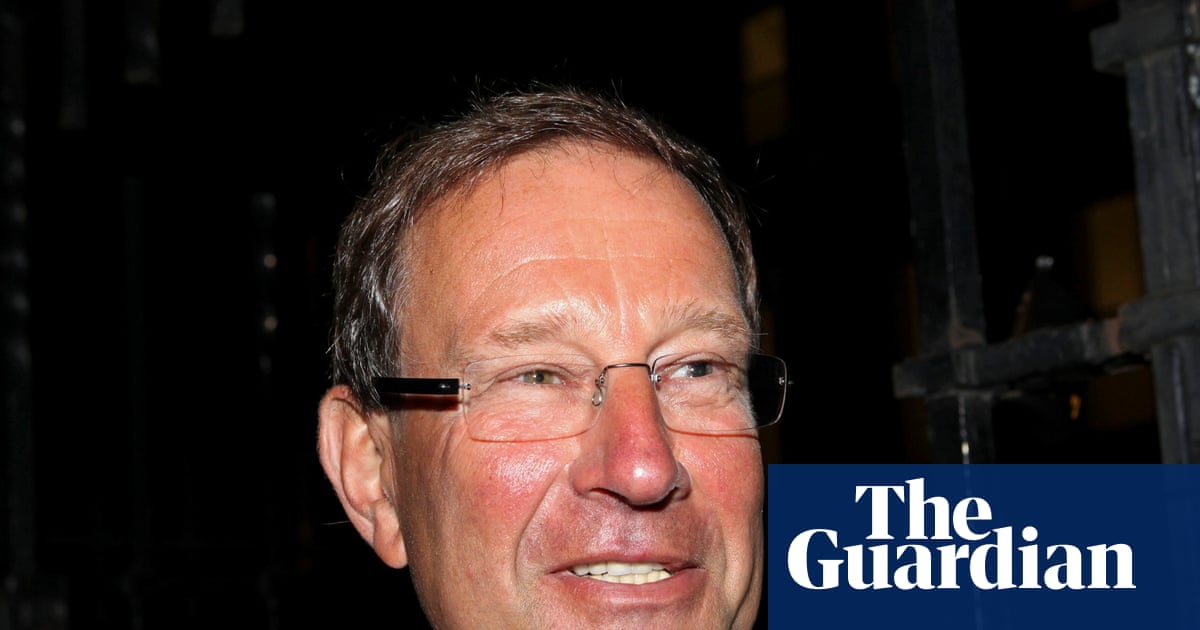Stephen Parkinson dreamed of being the most senior prosecutor in England and Wales before he even qualified as a barrister, but now finds himself in a situation more akin to a nightmare.
As the director of public prosecutions (DPP), Parkinson is facing questions over why he felt he could not proceed with the trial of two men accused of spying for China. He said the case was dropped because prosecutors had tried and failed to obtain a witness statement from the government stating that China posed a current “threat to the national security of the UK”.
But that explanation has been called into question by some senior lawyers and, perhaps more ominously for Parkinson’s job prospects, by politicians too. A government minister, Stephen Kinnock, declined to say whether Parkinson was the right person for the job of DPP.
A former colleague described him as independent minded, unafraid to take difficult decisions and someone who would follow his principles and would have thought it through before issuing the statement about the China case.
In an interview with Counsel magazine, Parkinson described himself as a “late developer” at his Wiltshire comprehensive school, who had not applied to university initially because he had poor predicted grades for his A-levels.
He took a year out after better than expected results during which he applied to study law at university – an idea put in his mind by his younger brother who was planning to do the same – and he worked as a dustman, on a kibbutz and as a travelling ballpoint pen salesman in South Africa.
Parkinson joined a criminal barrister’s chambers after studying law at UCL. “Already during pupillage, I had decided that I wanted to work for the DPP’s office [the forerunner of the CPS], indeed that one day I’d like to be DPP,” he told Counsel. “In those days, a typical announcement following a serious crime was that ‘the papers have been sent to the DPP’. I thought, ‘I want to be that person’.”
In the 40-plus years before he became “that person” he clearly kept his eye on the post, and on those in the seat he coveted.
Given his current travails, Parkinson will be hoping that Keir Starmer does not hold grudges as, according to the Telegraph, he was critical of the prime minister’s record as head of the CPS, suggesting he was over-reliant on the advice of others.
Parkinson is said to have described the Labour leader as “an average DPP”, adding: “He had no in-depth experience of prosecuting … he was a defence and human rights lawyer.”
Additionally, when Starmer stepped down as DPP in 2013, Parkinson was scathing of the fact that the office had, since 1987, always been held by barristers from private practice.
“None had any experience of working within the public sector, none have had any serious experience of management,” said Parkinson. “The last two directors have had no significant prosecution background at all before their appointment. Yet the core of CPS work is decision-making on which cases to prosecute, and subsequent pre-trial preparation.”
It has been suggested that Parkinson’s criticism of Starmer helped him land the job under the Tories. However, he held several roles in government in Tony Blair’s administration, including deputy head of the attorney general’s office from 1999 to 2003. At the end of his time there, he acted for Blair in the Hutton inquiry into the death of Dr David Kelly. It was the same year that protesters – one of whom who would be represented by Starmer – sabotaged US bombers at RAF Fairford before they were due to fly to Iraq.
Parkinson continued his work for Blair on the Hutton inquiry when he joined city law firm Kingsley Napley, where he also defended Rebekah Brooks against phone-hacking charges. Given the charges were brought under Starmer’s oversight, that may have contributed to the “average DPP” comment.
At Kingsley Napley, Parkinson re-qualified as a solicitor – he is reportedly the first solicitor to become DPP since the 1960s – became head of criminal practice at the firm and then senior partner. He told Counsel magazine that the DPP job came up three times when he was at Kingsley Napley and he was approached each time but it was never the right moment.
When he retired as senior partner in 2023 he “was looking forward to dog walking and running” but when approached again “reminded myself how much I had always wanted to do the job”. Two years into his five-year term, dog walking and running may suddenly seem more appealing.

 3 months ago
67
3 months ago
67

















































